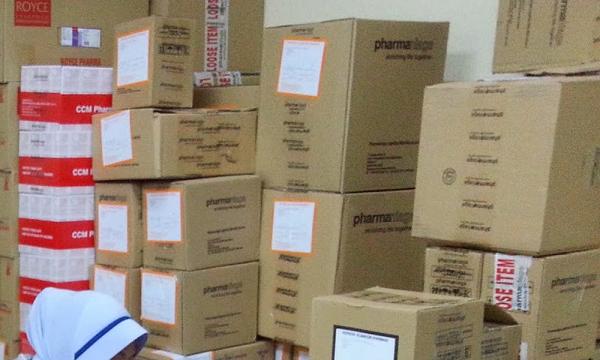LETTER | The announcement by the minister of health to end the use of decade-long concessions to purchase, store, supply and distribute pharmaceutical products to government health facilities and move to an open tender system should be viewed as a positive development in the government's commitment to move forward with progressive reforms in the public healthcare sector.
The challenge now faced by the government is how to implement a smooth transition without causing massive disruption to the drugs and medicines being supplied under the Approved Product Purchase List (APPL) and the logistics framework for essential health supplies to the public healthcare system, in general.
I have every confidence that it will be able to achieve this.
It is wrong to imply that our healthcare system is too fragile and cannot survive without depending on one single company such as Pharmaniaga taking such a dominating role. The fact is that by opening up the tenders, the heavy responsibility of providing such mission-critical support can also be shared with other logistics service providers.
Competition has the potential to drive prices lower, improve cost-effectiveness and encourage innovation. Let's not be afraid of competition and good governance. Pharmaniaga's track record will undoubtedly put it at a significant advantage in a merit-based system. I have no doubt that this government-linked company will continue to play a major role in the Malaysian healthcare landscape for many years to come.
In the short term, the prices of existing drugs and medical supplies are unlikely to be significantly affected by this move. For this to happen, we need to also remove dependence on tender agents acting as middlemen within the procurement process and who charge a commission for their services.
Having an open tender and allowing suppliers to negotiate and bid directly with the government could potentially enable millions in public funds saved, lower prices, increase cost-effectiveness and for newer therapies to be made available for patients."
A value-for-money approach does not necessarily mean the lowest price possible. It means ensuring the best services and products for the best prices possible.
Results need to be measured based on improved health outcomes, increased quality of life for patients and most importantly, number of lives saved.
The writer is chief executive, Galen Centre for Health and Social Policy.
The views expressed here are those of the author/contributor and do not necessarily represent the views of Malaysiakini.


